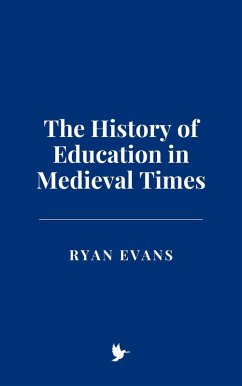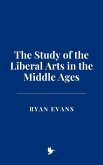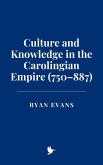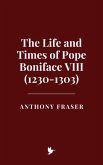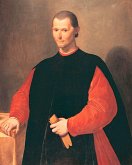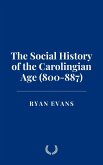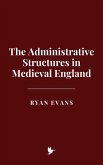The book also investigates the ways in which the Crusades facilitated the exchange of knowledge between East and West, introducing European scholars to Islamic advancements in science, mathematics, and philosophy. As the medieval period gave way to the Renaissance, the book traces the rise of humanism and its transformative effect on education, emphasizing a return to classical antiquity and the study of ancient texts. Humanists such as Petrarch and Erasmus advocated for an education that combined classical learning with civic engagement, laying the intellectual foundations for the Renaissance's artistic, philosophical, and scientific achievements. The rise of the printing press and the subsequent dissemination of knowledge further democratized education, breaking the monopoly of the Church and paving the way for the development of modern education.
Ultimately, the book argues that the evolution of education in this period was not merely a progression of learning but also a reflection of broader societal and intellectual changes. Through the reexamination of ancient ideas, the spread of new knowledge, and the ongoing struggle between religious orthodoxy and empirical inquiry, medieval education set the stage for the intellectual revolutions of the Renaissance and beyond. The book provides a comprehensive look at the ways in which education, as both a social institution and intellectual endeavor, shaped the course of history and paved the way for modernity.
Dieser Download kann aus rechtlichen Gründen nur mit Rechnungsadresse in A, B, CY, CZ, D, DK, EW, E, FIN, F, GR, H, IRL, I, LT, L, LR, M, NL, PL, P, R, S, SLO, SK ausgeliefert werden.

